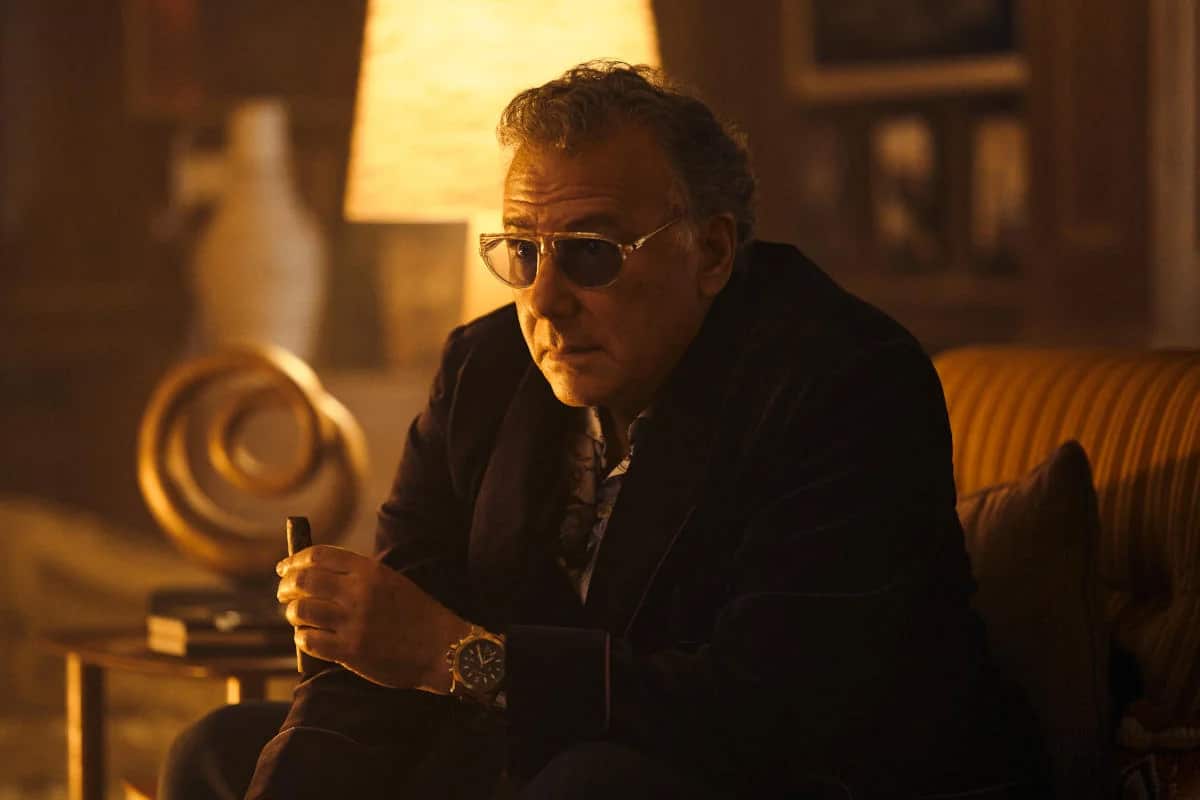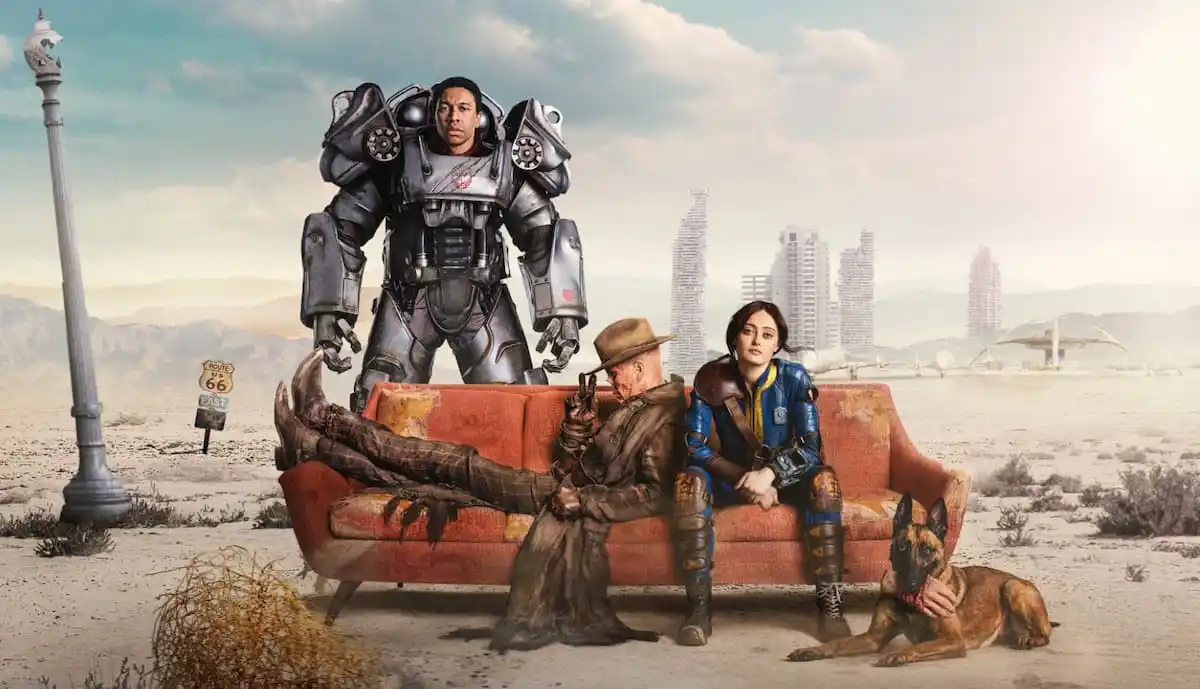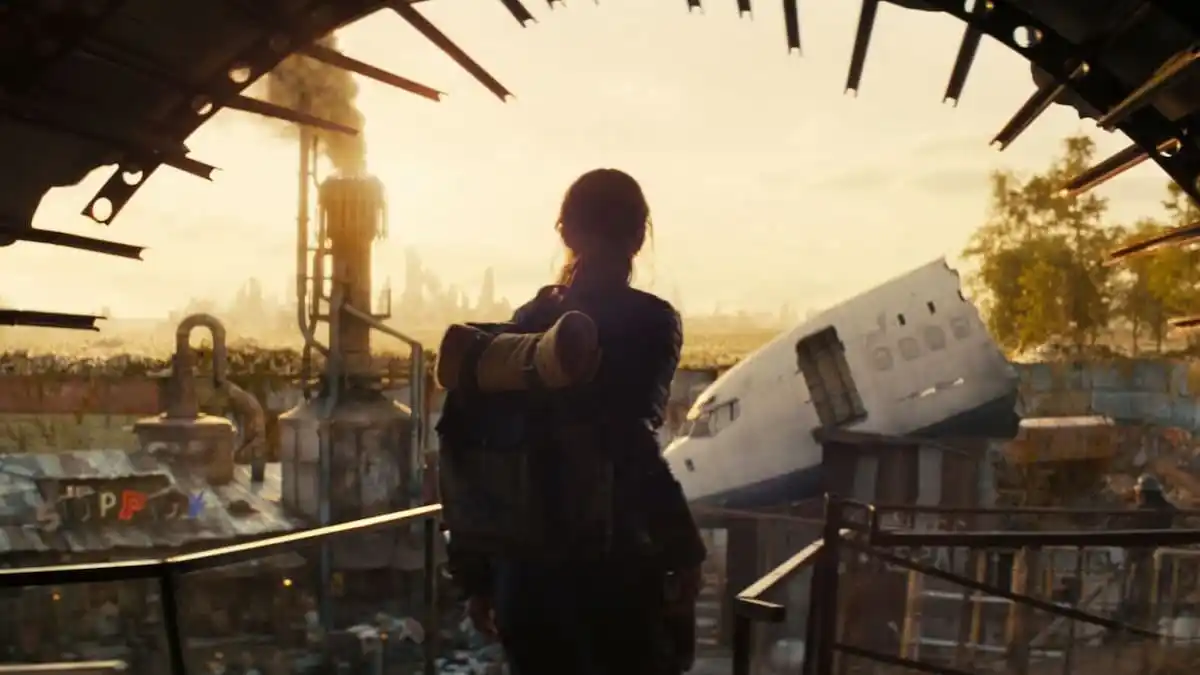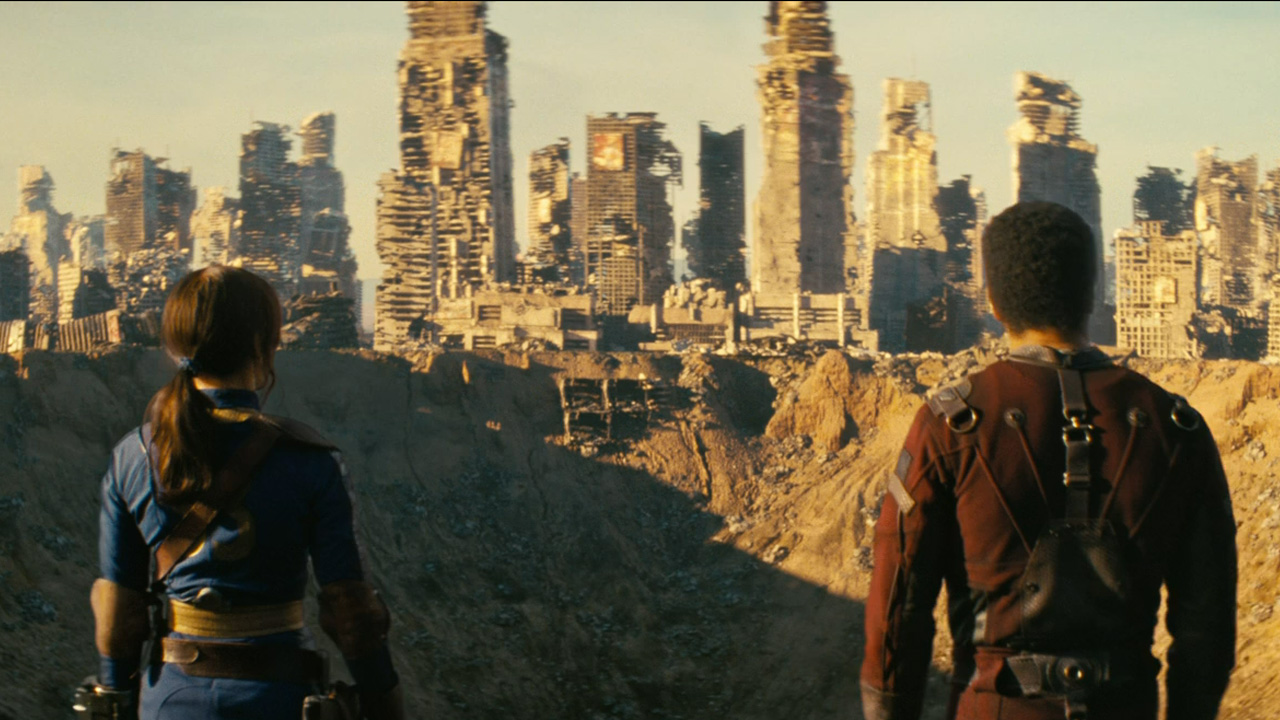This discussion and review contains spoilers for The Boys season 3, episode 5, “The Last Time to Look on This World of Lies.”
The Boys is not subtle in its political commentary.
Then again, why should it be? Part of the appeal of the superhero genre has always been the elevation of the mundane to the operatic, taking something familiar and transforming it into a sweeping mythology involving gods and capes. Historically, comic books themselves leaned into this. In April 1974, four months before Richard Nixon resigned, Captain America watched the president of the United States commit suicide in the Oval Office after being implicated in a sinister conspiracy.
These days, mainstream comic books are a lot more guarded in that sort of political commentary. In February 2010, Marvel Comics issued an apology for making an indirect allusion to the Tea Party movement in the pages of Captain America, even rewriting the offending pages. This carries over to the films, where something like Captain America: The Winter Soldier seems to suggest the surveillance state is only bad if it’s run by literal Nazis (who cannot be called Nazis).
For all that The Boys can be seen as a “transgressive and boundary-pushing” or even “dark-in-a-juvenile-way” take on the superhero genre, the show is arguably more in tune with the spirit of these sorts of superhero stories than most modern iterations of the genre. It is a big and sensationalist reflection of the world that produced it, an opera rendered in primary colors. It knows what it is about, and it trusts the audience not to couch or conceal that.
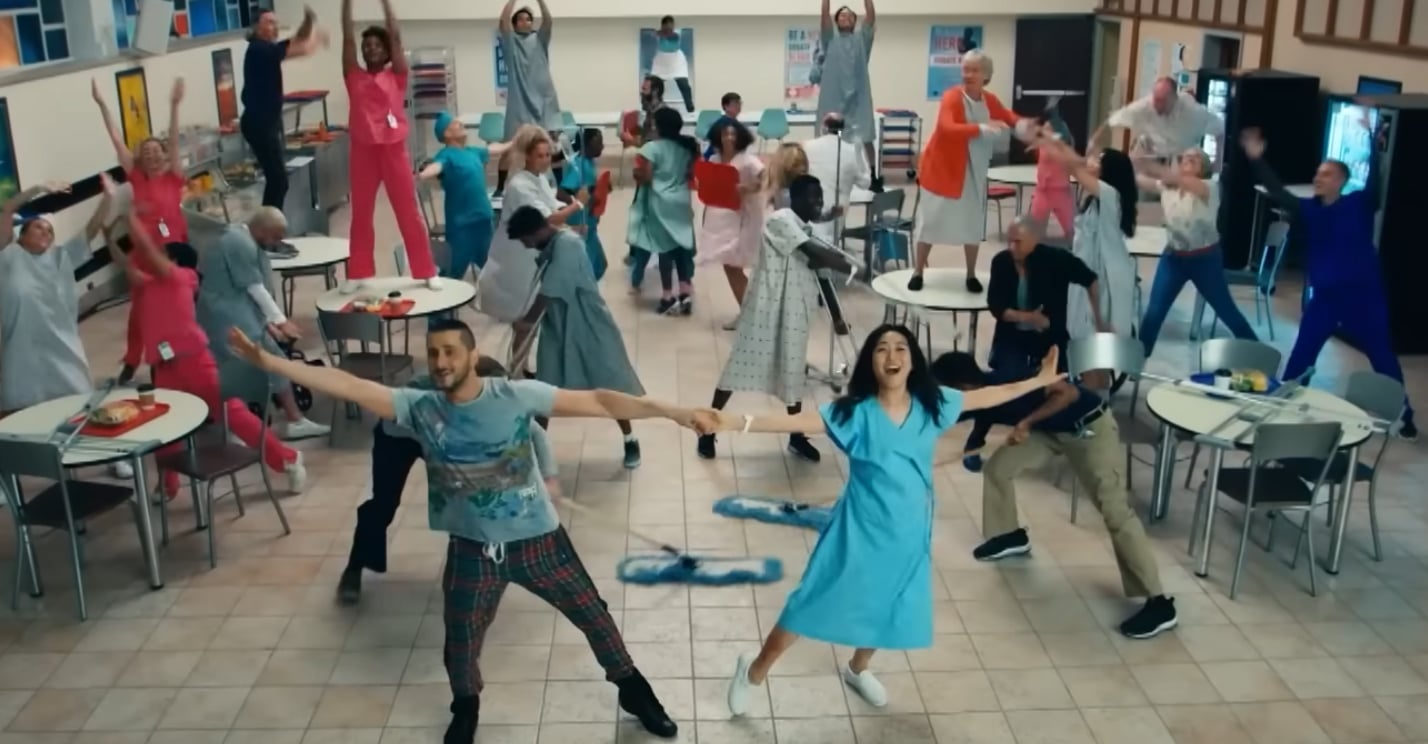
Part of what separates the television adaptation of The Boys from its four-color source material is the sense that the show has an abiding affection for comic book superheroes. “The Last Time to Look on This World of Lies” introduces the character of “the Legend,” played by Paul Reiser. With his oversized glasses, his slicked-back hair, his ever-present cigar, and his constant stream of stories, the Legend is a more faithful representation of Stan Lee than anything in a Marvel Studios film.
Soldier Boy (Jensen Ackles) riffs heavily on Captain America, specifically the version played by Chris Evans in the Marvel Cinematic Universe. Like Captain America, Soldier Boy is a man out of time. The show also borrows elements from The Winter Soldier, revealing Soldier Boy was subject to horrific experiments by the Soviet Union. “The Last Time to Look on This World of Lies” even shoots Soldier Boy’s trip down Lexington Avenue like Rogers’ trip to Times Square at the end of The First Avenger.
However, because Rogers jumps from the end of what is remembered as “the good war” to the modern day, the comics and films are largely able to avoid implicating the icon in any of the more questionable aspects of American foreign and domestic policy that might have taken place in the space between those two points: the Vietnam War, the Iranian Revolution, the Iraq War. By sleeping through these traumatic events, Rogers can serve as an embodiment of American innocence.
In contrast, The Boys makes it clear that such innocence is a comforting myth. The season premiere revealed that Soldier Boy eagerly took place in the Communist witch hunts of the 1950s, much like Captain America did in the comics of the time before that was quietly retconned. Soldier Boy is taking part in the American intervention in Nicaragua when he is captured by the Soviets in 1984. However, the show goes further than that.
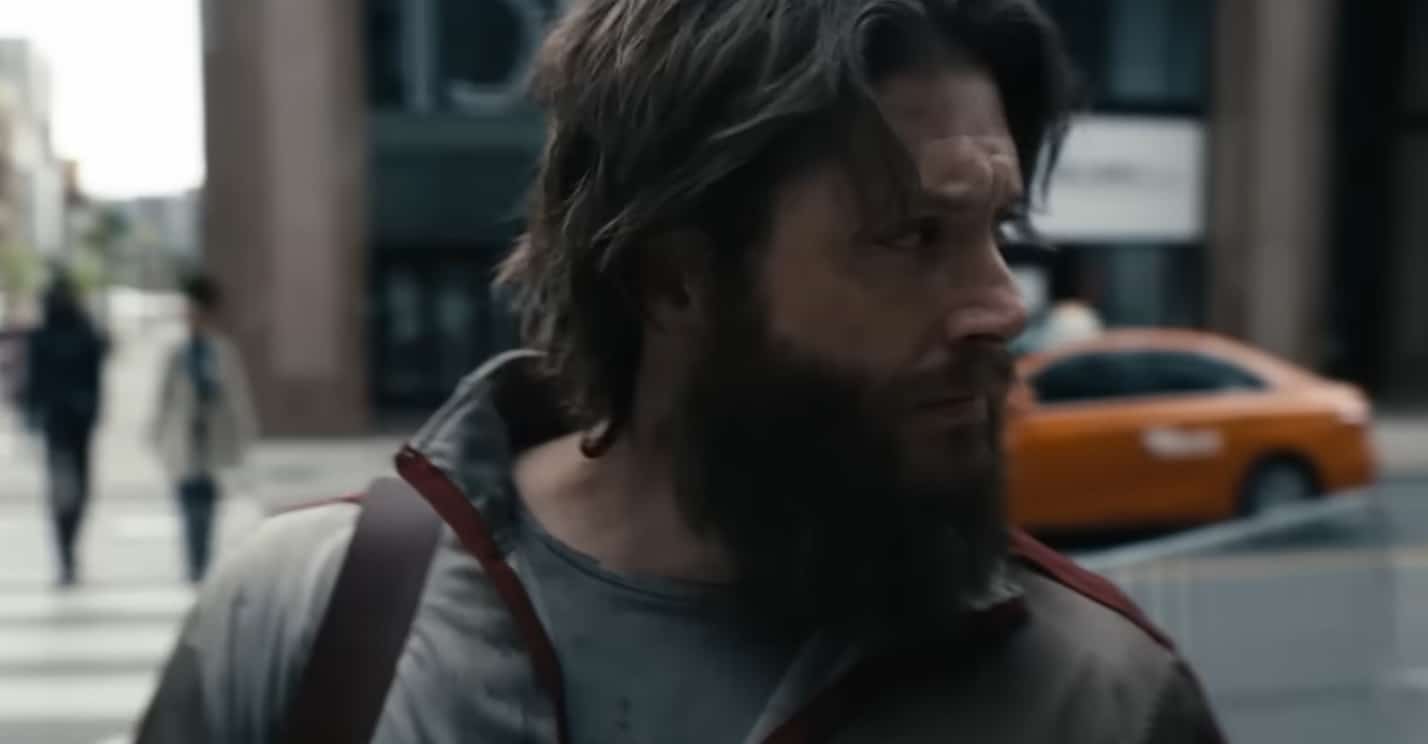
In “Glorious Five Year Plan” and “The Last Time to Look on This World of Lies,” it is revealed that Soldier Boy can generate massive amounts of radiation. Butcher (Karl Urban) speculates that this is because his captors “more or less shoved Chernobyl right up his arse.” He explodes in New York, like a one-man atom bomb. In doing so, The Boys ties Soldier Boy back to the original sin of postwar America: the use of atomic weapons on urban centers at the end of the Second World War.
The dropping of the atomic bombs on Hiroshima and Nagasaki remains a point of much contention. There are those who contend that the bombs served to shorten the war and perhaps save more lives in the long term, but these arguments are unconvincing. “If we’d lost the war, we’d all have been prosecuted as war criminals,” confessed General Curtis LeMay. The horror of these bombings complicates the mythology of the Second World War as a heroic moment for the United States.
Soldier Boy becomes an embodiment of the complexities of American identity. In this way, he serves as a mirror to Homelander (Antony Starr). Indeed, the show underscores this point by having Soldier Boy stare at a giant billboard of Homelander on his arrival in New York City, as if to underscore the idea that Soldier Boy has been replaced or supplanted by a younger and newer model. After all, Homelander is an embodiment of a more modern sort of complicated American identity.
Homelander obviously evokes President Donald J. Trump. Maeve (Dominique McElligott) describes Homelander as “a paranoid malignant narcissist,” which tracks with certain analyses of Trump’s character. Homelander assembles the Vought board to sing his praises, recalling one of the early nightmarish viral videos of the Trump presidency. Deep’s (Chace Crawford) loyalty purge of “crime analytics” suggests similar efforts by Trump loyalists in the Pentagon and intelligence services.
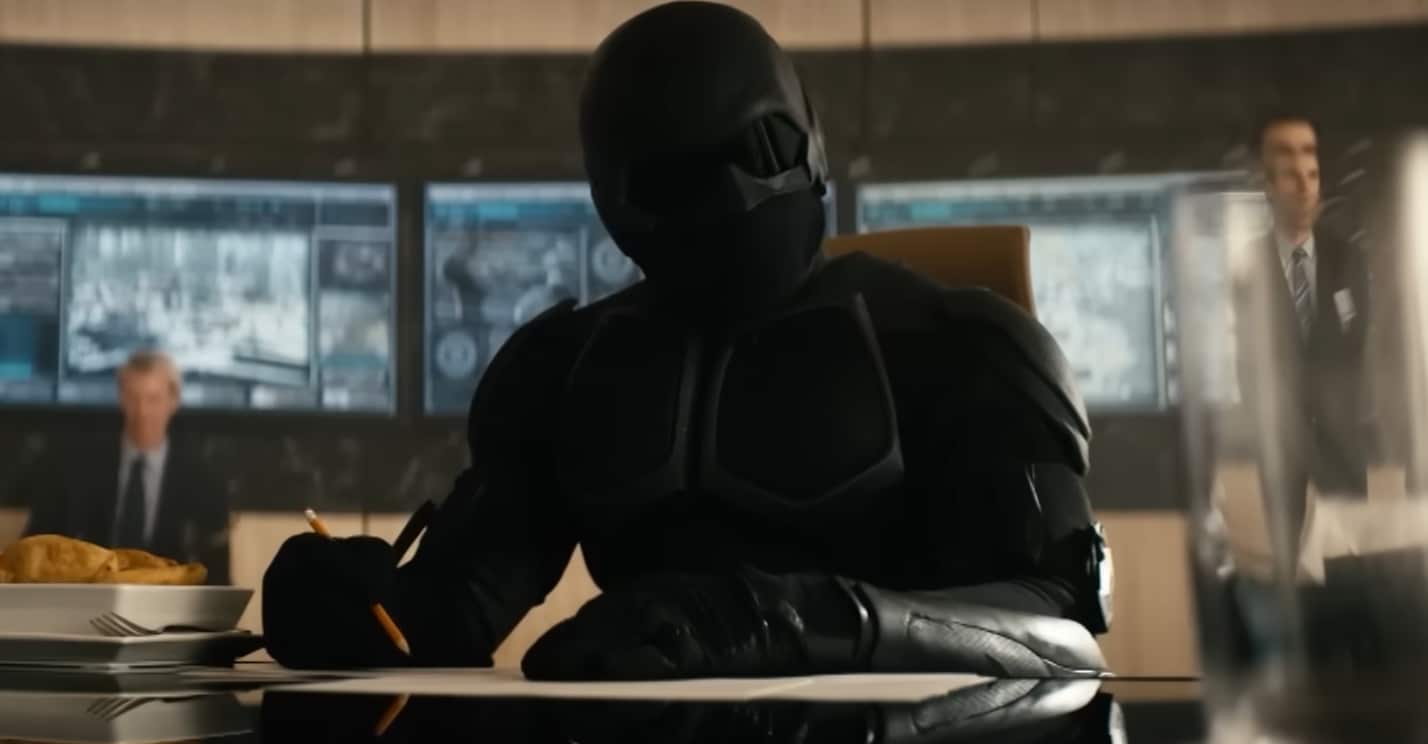
Homelander appears on right-wing chat shows to voice paranoid nonsense and to downplay any sense that things are not right. “How great a threat is America facing?” asks Cameron Coleman (Matthew Edison) after Soldier Boy’s detonation. “No threat whatsoever,” Homelander replies. He asserts that “America is safe.” He urges, “Get out there. Go to your restaurants. Go to your movie theaters. Live your lives. Have fun.” It’s pointedly similar to Trump’s early response to the pandemic.
The Boys creates a continuity between Soldier Boy and Homelander, deliberately paralleling the two. Around the midpoint of the episode, Homelander confronts Maeve and confesses that he loved her, as much as he was capable of love. She replies, “From the start, I hated you. But what’s more, I fucking pitied you.” At the end of “The Last Time to Look on This World of Lies,” Soldier Boy confronts his own former lover the Crimson Cowl (Laurie Holden), who tells him, “I didn’t love you. I hated you. We all did.”
This is a canny observation from the show. It is tempting to look at the current moment in American politics as exceptional, to suggest that the emergence of radical far-right politics is a “black swan” event with no real historical precedent. Instead, in drawing a clear evolutionary line between Soldier Boy and Homelander, between the Reagan and Trump eras, The Boys makes it clear that the current moment is just an acceleration of larger trends and isn’t a disruption so much as an escalation.
There are points where The Boys is comically on the nose. Urban vigilante Blue Hawk (Nick Wechsler) complains when he is called out for over-policing black neighborhoods, asserting that “it’s actually racist to call somebody racist.” He later boasts that “all lives matter” and “supe lives matter” in response to “black lives matter,” before urging his opponents to “do the research” and blaming “antifa thugs and bad apples” for a horrific mess that he causes.
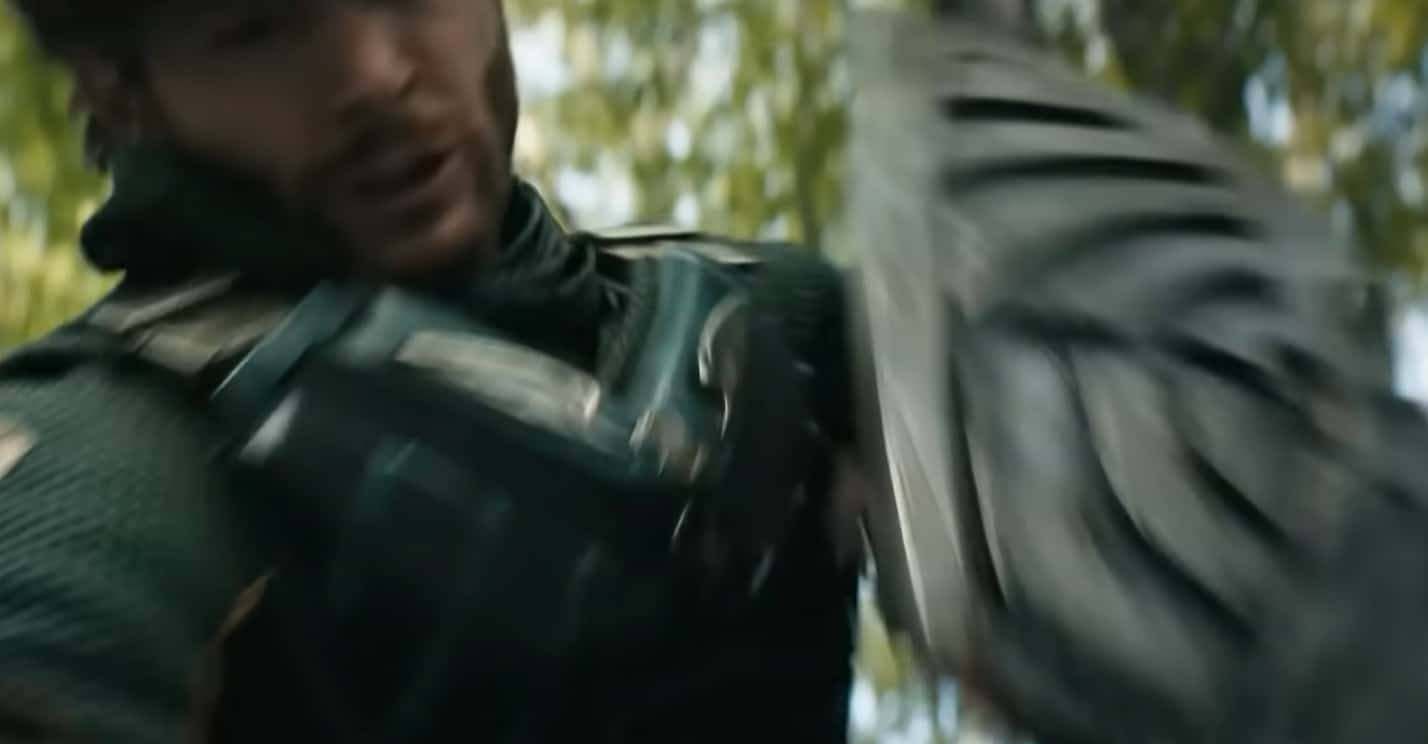
This is the state of contemporary American politics, where it exists beyond the realm of parody. The darkest joke in all of this is that The Boys isn’t actually exaggerating or heightening its inspirations. So much of its dialogue and reference points are lifted verbatim from the news cycles over the past couple of years. Weirdly enough, draping it in capes and tights makes the cartoonish logic feel less absurd.
To be fair, this is a challenge that has faced a lot of comedy and commentary over the past couple of years, as the very objects that they would mock exist “post parody.” In its third season, The Boys plays its political commentary relatively straight, which feels like the smartest possible choice. After all, so much of the modern political discourse feels like it could have been lifted directly from a superhero comic, with nearly one-in-five Americans believing in secret cabals ruling America.
As such, this is probably exactly what superhero stories should be doing at this moment, filtering this sense of a fracturing and collapsing reality through the lens of the dominant genre in contemporary pop culture. Like the best superhero stories, The Boys has a lot to say about the world around it. The fact that it says it in the crassest manner imaginable just makes it feel more in tune with the moment.

